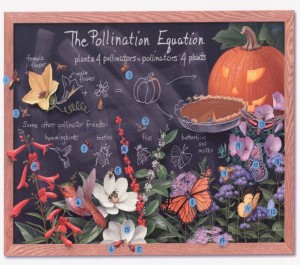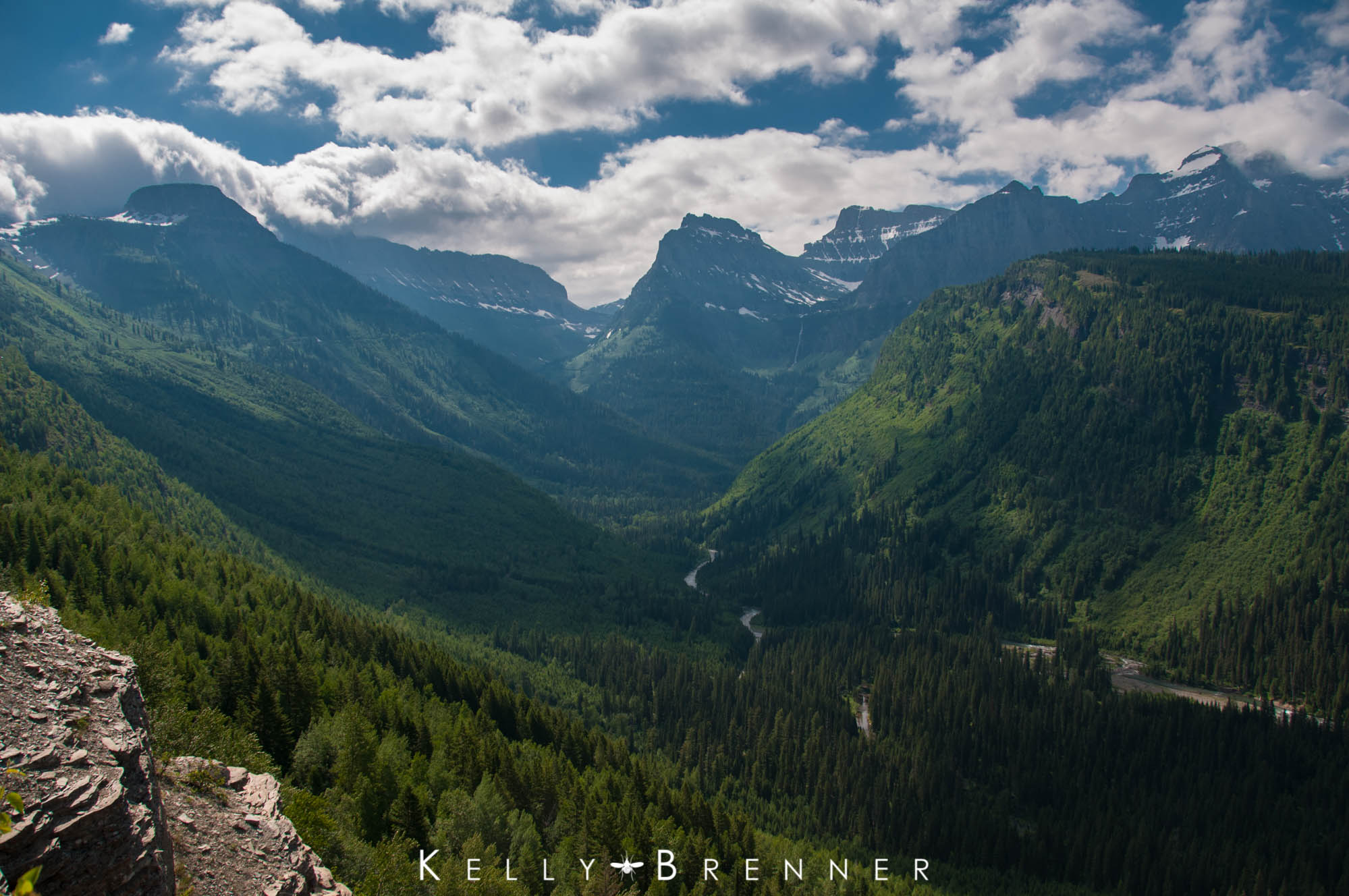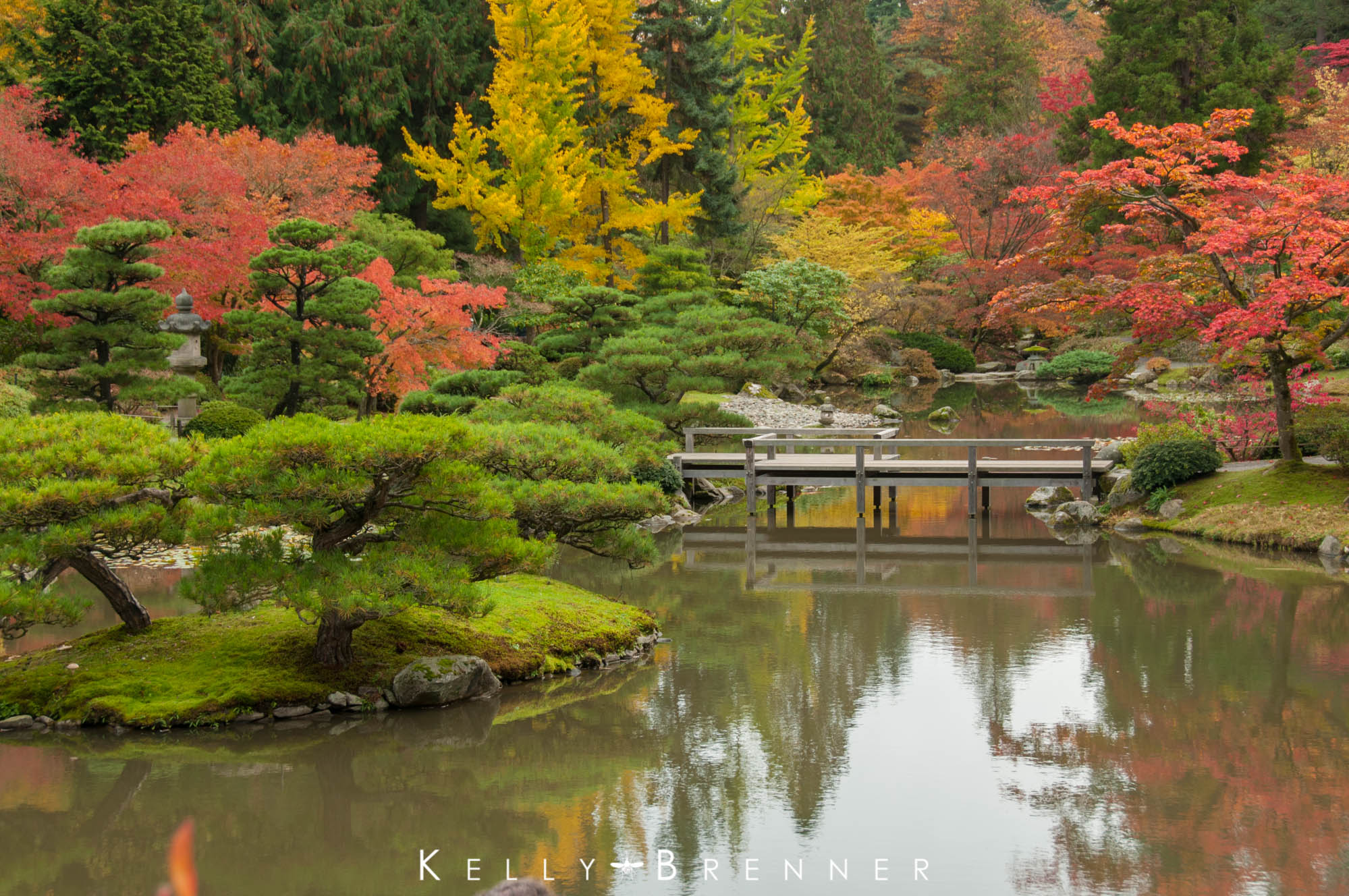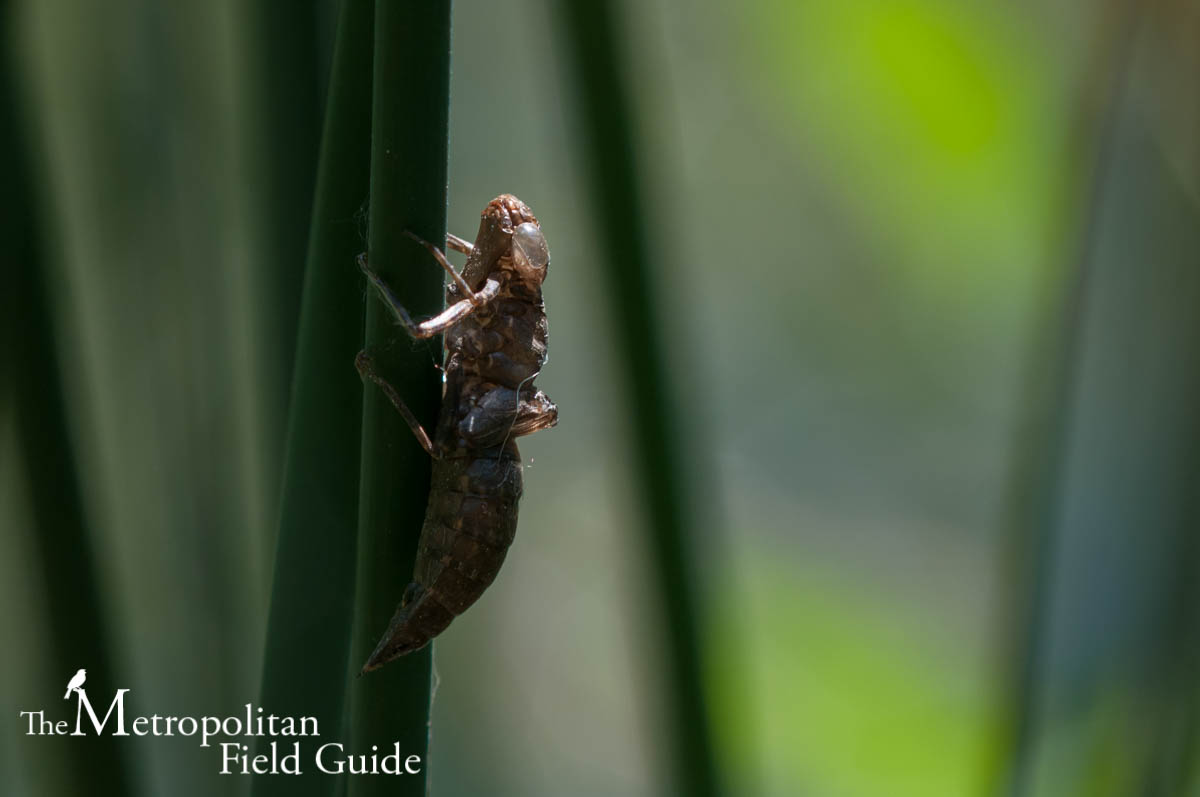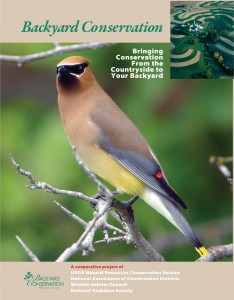
Backyard Conservation Handbook from NRCS
The NRCS or Natural Resources Conservation Service has some excellent resources available online for download or you can order them free. The first publication is a booklet called Backyard Conservation: Bringing Conservation From the Countryside to Your Backyard and it features many topics such as the benefit of trees and how to plant them, wildlife habitat and how to attract birds and butterflies, backyard ponds and wetlands, composting, mulching, terracing, water conservation and pest management. The information is mostly an overview of each of the subjects, but a good introduction.
Additionally you can download or order a series of 10 tip sheets on backyard conservation that delve more deeply into many of the topics in the booklet. Among the highlights are: Backyard Wetland (PDF) which describes a wetland, where to place one and how to build one. There is also a Backyard Pond sheet that gives detail on where to place one, how to build and establish plants as well as maintenance. The online page unfortunately doesn’t contain pictures unlike the hard copy you can order. Wildlife Habitat (PDF) is another tip sheet that gives instructions on how to plan and create habitat as well as information about plants, shelter and notes on attracting bees, mammals and herptiles. Among the other tip sheets are Composting (PDF), Nutrient Management (PDF), Mulching (PDF), Pest Management (PDF), Terracing (PDF), Tree Planting (PDF) and Water Conservation.
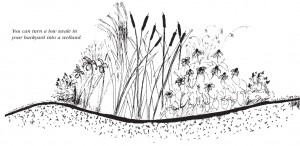
via:: Wetland Tip Sheet from NRCS
Another good resource, while not as sexy as creating habitat, but still valuable information, is the Urban Soil Primer (PDF) which gives a basic lesson in soil science but with a focus on the urban habitat and how soils are impacted by surrounding conditions like pollution, compacting and temperature with some excellent graphics that demonstrate the ideas clearly. You can download the book as well as order a hard copy here.
There are a few more additional tips and topics in the directory here including Basking Sites, Beneficial Bats, Invite a Toad to Dinner and Patio Ponds.
One further resource from the NRCS is a good poster called the Pollination Equation that you can download from the Pollinator Partnership.

